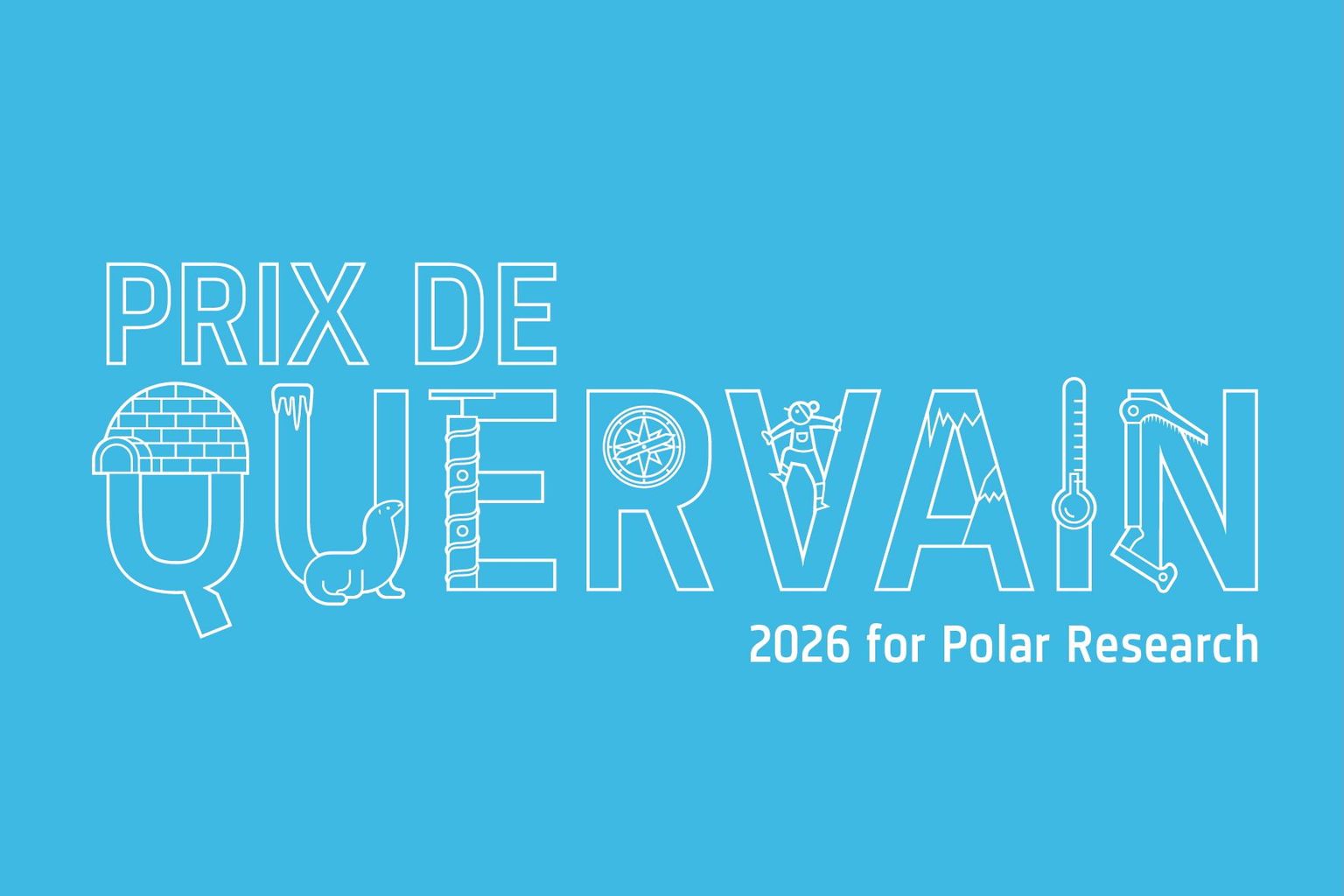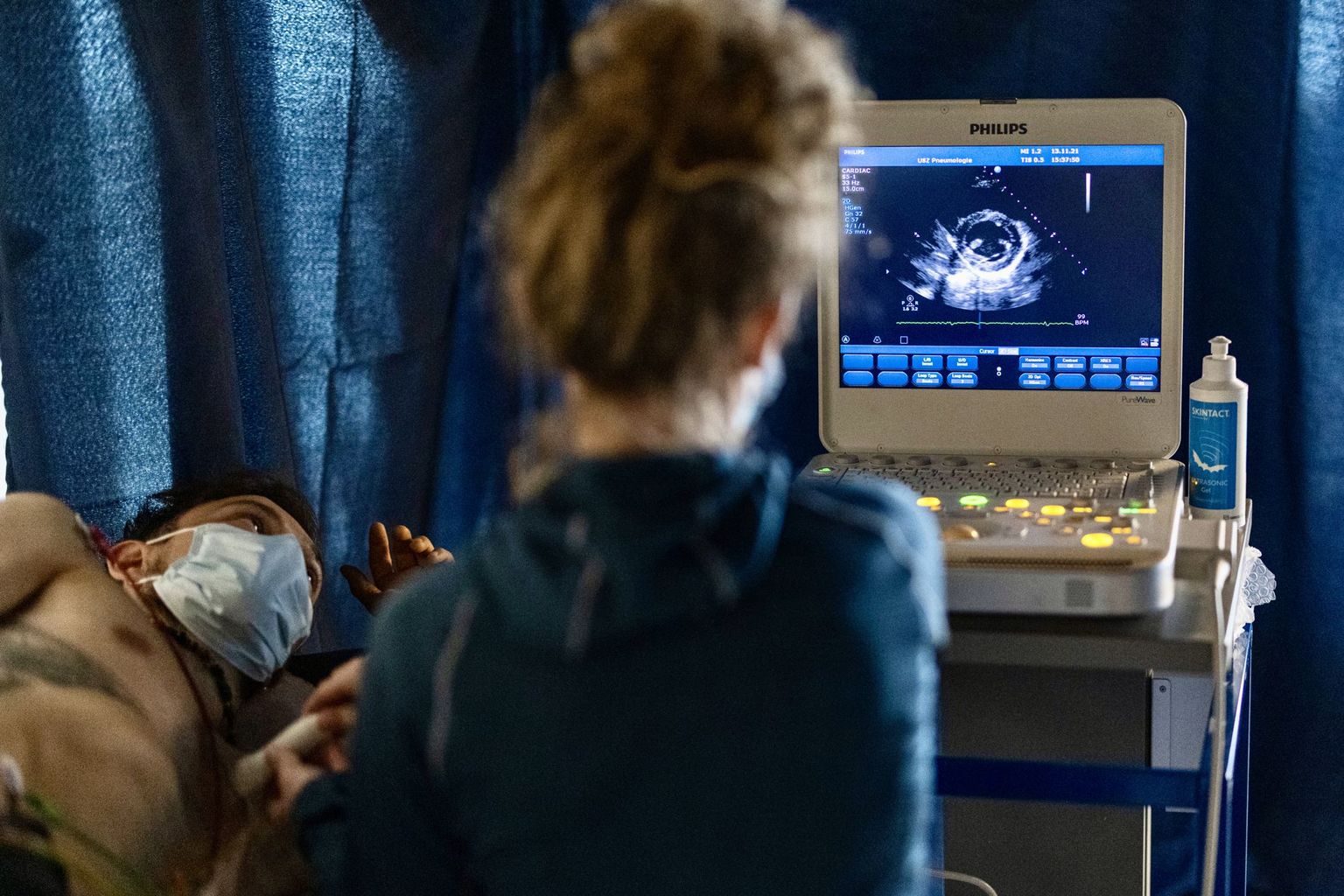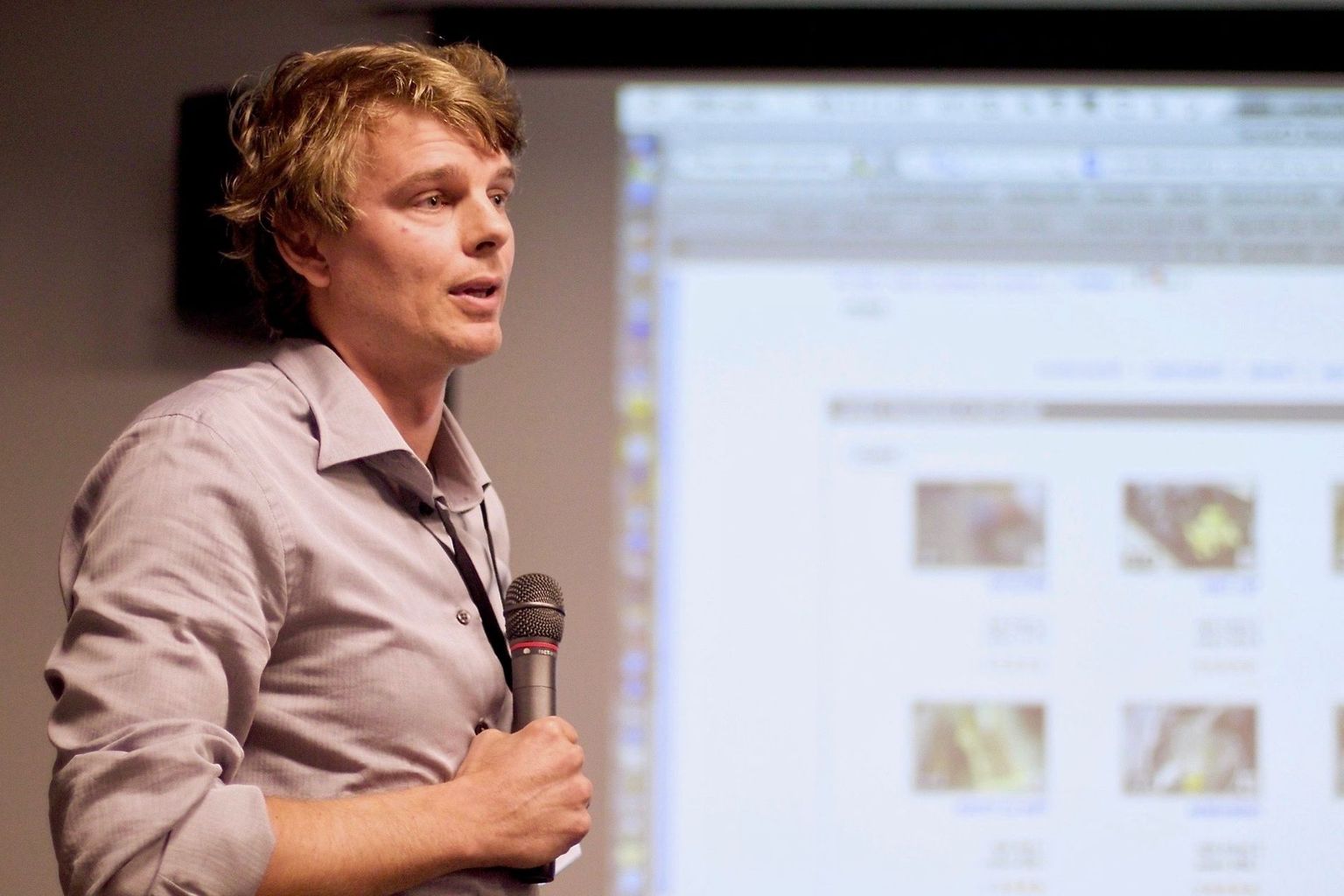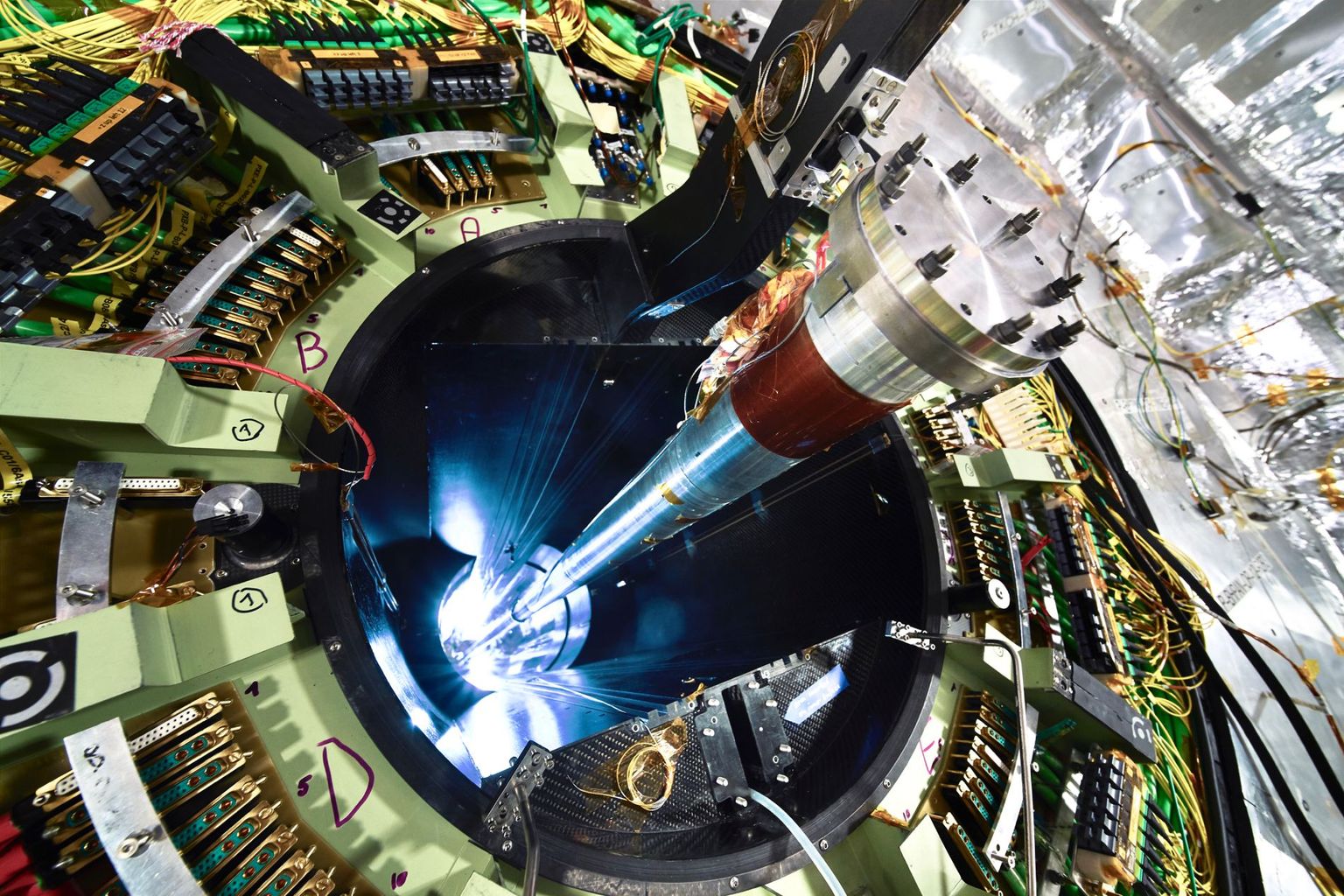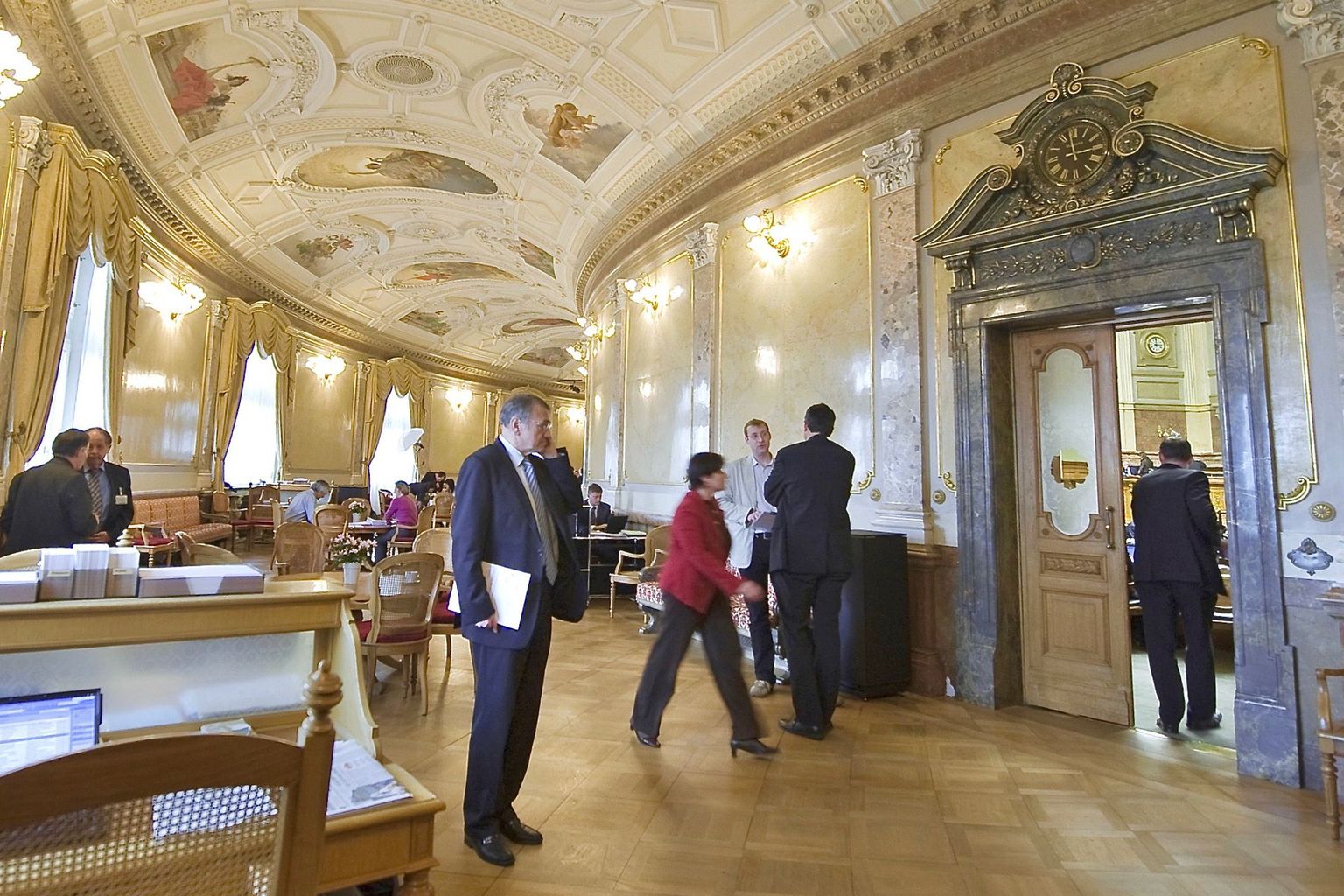- News
Call for nominations: Prix de Quervain 2026 for Polar Research
Image: SKPH1/8- News
How to achieve good research collaboration
Image: SCNAT2/8- News
Viruses as hope against antibiotic resistance
Image: Andres Jordi3/8- Press release
When ice crystals cause snowfall and people with lung disease climb to higher altitudes
Image: Simon Raphael Schneider4/8Roles of scientists in society
Image: 2D_jungle/stock.adobe.com, mit KI verändert5/8- News
Ein kleines Land muss sich international vernetzen
Image: Andres Jordi6/8- 2025
- Report
Evaluating the Quality of Global Research Partnerships
7/8Community Roadmaps for large research infrastructures
8/8
For a solid science
SCNAT is committed to an efficient Swiss scientific system that serves society. It strengthens the exchange among the key players in science, raises awareness of the ethical responsibility of science and draws up guidelines for scientific work and its use.
News
SCNAT is committed here
Contact
Swiss Academy of Sciences (SCNAT)
House of Academies
PO Box
3001 Bern
Switzerland
News

All die Steine aus dem All
Falsch beschriftet, vertauscht, verschollen: In den Meteoritensammlungen der Schweiz herrschte lange ein ziemliches Durcheinander. Ein Digitalisierungsprojekt hat nun Ordnung in die Archive gebracht – und für Überraschungen gesorgt.
Image: Museum Zofingen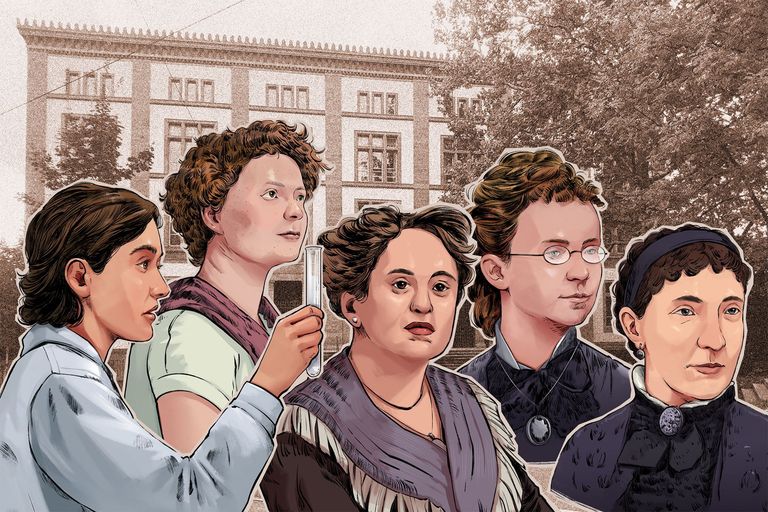
The University of Zurich as the global pioneer for the first female doctors of chemistry
It was the first European university to admit women to the take classes and the first university in the world to award a doctorate to a woman. The Swiss Academy of Sciences has honoured the university with a Chemical Landmark award as a significant historic site for chemistry.
Image: Gregor Forster / Monique Borer
When ice crystals cause snowfall and people with lung disease climb to higher altitudes
Two young scientists are awarded the Prix de Quervain for their outstanding dissertations re-lated to high altitude research. Paraskevi Georgakaki is being honoured for her research into the role of ice crystals in mixed-phase clouds, and Simon Raphael Schneider for his study on the effects of high altitude on people with pulmonary hypertension.
Image: Simon Raphael SchneiderViruses as hope against antibiotic resistance
Antibiotic-resistant germs are posing increasing problems for medicine. There is a great need for complementary treatments. One such treatment could be phage therapy, as a new film shows.
Image: Andres JordiEin kleines Land muss sich international vernetzen
Damit die Schweizer Wissenschaft Weltspitze bleibt und die guten Rahmenbedingungen erhalten werden können, gilt es, die enge Verbindung zwischen Wissenschaft und Politik anzuerkennen. Man muss die Risiken von Populismus klar benennen und sich für eine starke internationale Vernetzung einsetzen. Zu diesem Fazit kamen Fachleute an der Veranstaltung «Wie bleibt die Wissenschaft der Schweiz top?», die am 23. Mai 2025 von der SCNAT in Bern durchgeführt wurde.
Image: Andres Jordi
Swiss Young Academy
The Swiss Young Academy offers early-career researchers the opportunity to carry out inter- and transdisciplinary projects. With their commitment and contributions, its members strive to identify societal challenges at an early stage, offer solutions to these challenges and promote dialogue between science and society. The Swiss Young Academy was launched by the Swiss Academies of Arts and Sciences, to which the SCNAT belongs.


